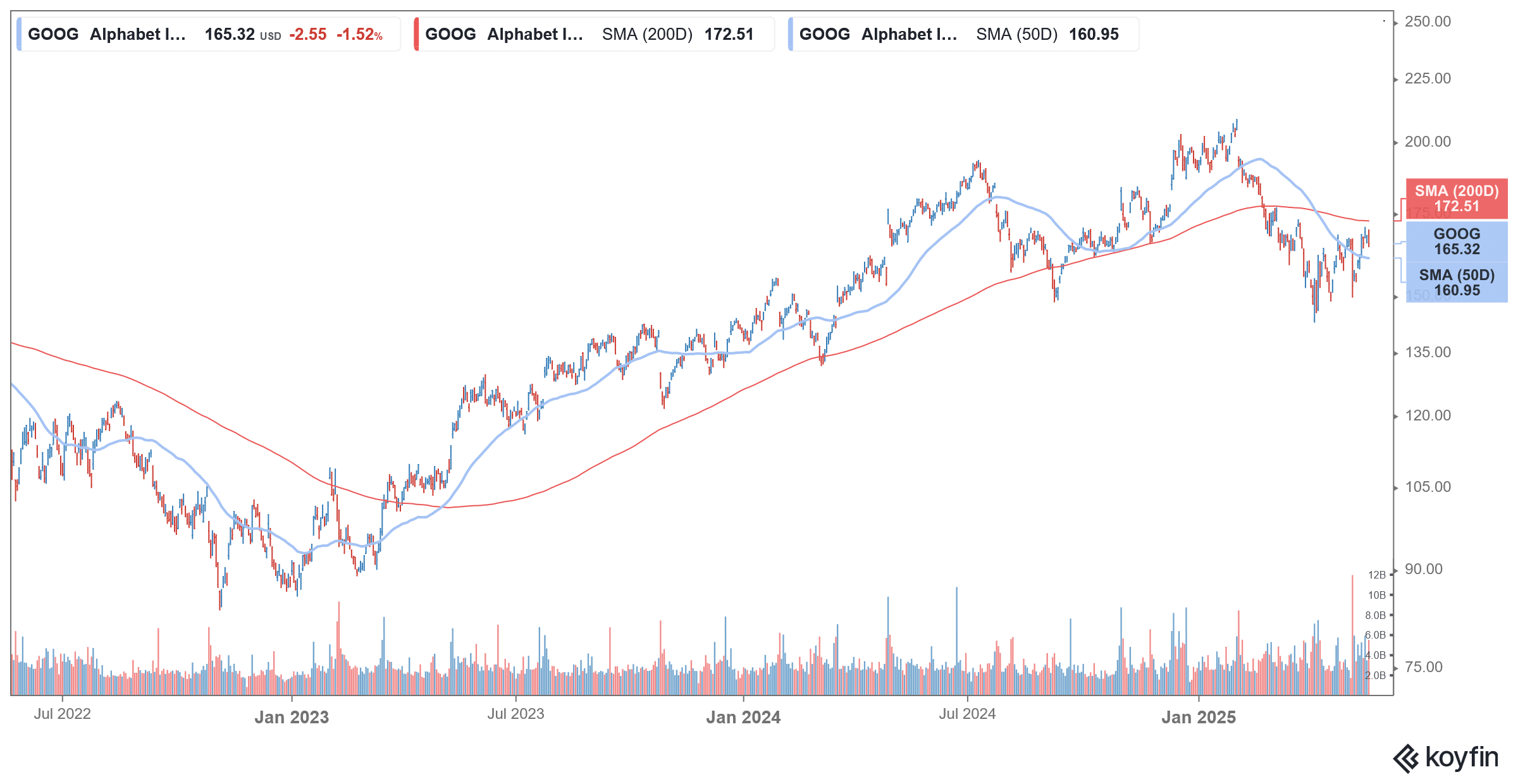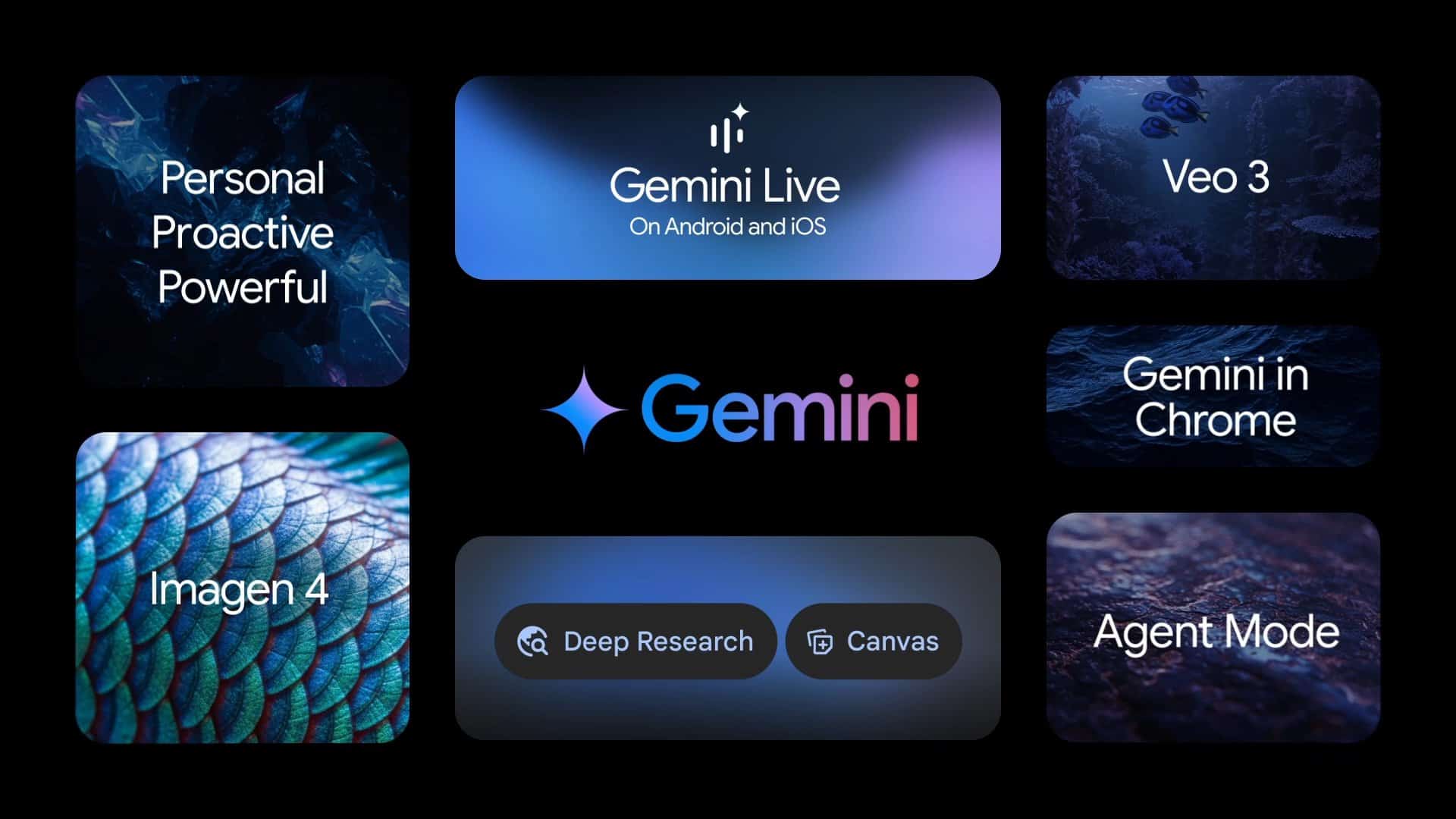At its Google I/O 2025 event yesterday, Google announced that Project Astra, the AI-powered tool that was unveiled last year, will have additional features and will drive new experiences in its various product suites, including Search, Glass, and the Gemini AI app. The company said that Project Astra will power its Gemini app into a “universal AI assistant that will perform everyday tasks for us.” Here’s everything we know about the project and how it would help Google better compete with other AI companies.
In his blogpost, Demis Hassabis, CEO of Google DeepMind, said that the company has a vision to bring Astra’s capabilities to Gemini, which he said makes “us more productive and enriching our lives.
Google Brings New Capabilities to Its Project Astra
“This starts with the capabilities we first explored last year in our research prototype Project Astra, such as video understanding, screen sharing, and memory,” Hassabis added in his post.
The blog shared a video of its assistant helping a user fix a mountain bike. The video shows the assistant browsing the web to come up with the requisite information. It even scrolled through email interactions with the bike manufacturer to come up with specifics on the part that needed to be fixed.
The assistant called the nearest bike shop to check if they had the part in stock and then confirmed the order. It also automatically stopped the conversation when it was interrupted by the user’s interaction with someone else. If the video is indeed demonstrative of the final product, Astra could be genuinely revolutionary.
The new Project Astra features in Gemini live seem crazy.
Computer use, call and talk to people on your behalf, highlight things on your screen, etc pic.twitter.com/i19dQVypqv
— Max Weinbach (@MaxWinebach) May 20, 2025
How does Alphabet’s AI Assistant Compare with Others?
To be sure, Alphabet, the parent company of Google, is not the only company offering a digital assistant, and Apple and Amazon have their own offerings in the form of Siri and Alexa, respectively. Meanwhile, Apple has somewhat slacked on its AI efforts and has delayed the launch of its AI-powered Siri.
Based on the current version, Google seems to offer a better proposition with multimodal capabilities, while Siri has relatively limited contextual understanding. Moreover, Astra-powered Gemini takes a more proactive approach as compared to Siri. However, for those who value privacy, Apple’s Siri could be a better bet, given the Cupertino-based company’s strict policies regarding user data.
Similarly, Alexa seems to struggle with reasoning much more than Astra in the demo.
Google Has Raised Its Game In AI
Google has clearly improved its AI tech, shedding any impressions that it is behind the curve. The company still has a chokehold over the search market, though that may not be the case for long if it can’t catch up to its rivals in AI. As the search market gets disrupted by AI chatbots and digital assistants, Google has little option but to come up with new services to protect its turf from the likes of OpenAI.
Analysts on Google’s I/O Event
Analysts were generally positive on Alphabet stock following Google I/O 2025. Citi analyst Ronald Josey reiterated his “Buy” rating on the stock, citing “Product Cadence” and Gemini’s growing user base. He praised Google for creating a “more personalized user experience” through Astra and Gemini.
JPMorgan analyst Doug Anmuth also maintained his “overweight rating” on GOOG following the event, saying he came away as “incrementally positive.”
Meanwhile, Google doubling down on AI features has its own set of challenges, both for the company as well as the digital publishing industry. Alphabet is yet to meaningfully monetize its AI business and it could come at the cost of its traditional search business. The publishing and SEO community is also up in arms against tech giants as they lose out on visits and, by extension, revenues due to services like AI overviews and digital assistants.

AI Pivot Is Critical for Google
For Google, though, services like Astra and Gemini are quite crucial as the US tech giant tries to remain relevant amid the AI pivot. The biggest warning for Alphabet came during the testimony from Eddy Cue, Apple’s Senior Vice President of Services, during the US federal court antitrust trial against Google.
Cue said that Apple saw a decline in search volumes via Safari in April, which made it the first ever decline in two decades. He pointed out that users are now increasingly using generative AI tools like ChatGPT, which has led to a fall in search volumes.
The partnership between Apple and Google has been quite fruitful for both companies. While Apple earns around $20 billion annually from Google for keeping it as the preferred browser, Google, too, earns significant revenues from the Cupertino-based company.
Overall, while Google has upped its game in AI with the new updates, the company still needs to demonstrate its monetization capabilities amid lingering concerns over its AI services cannibalizing other revenues, especially in search. Also, with Chinese tech companies like Alibaba and DeepSeek coming up with low-cost AI models, US tech companies might find it tough to generate adequate returns on their gargantuan AI capex.
